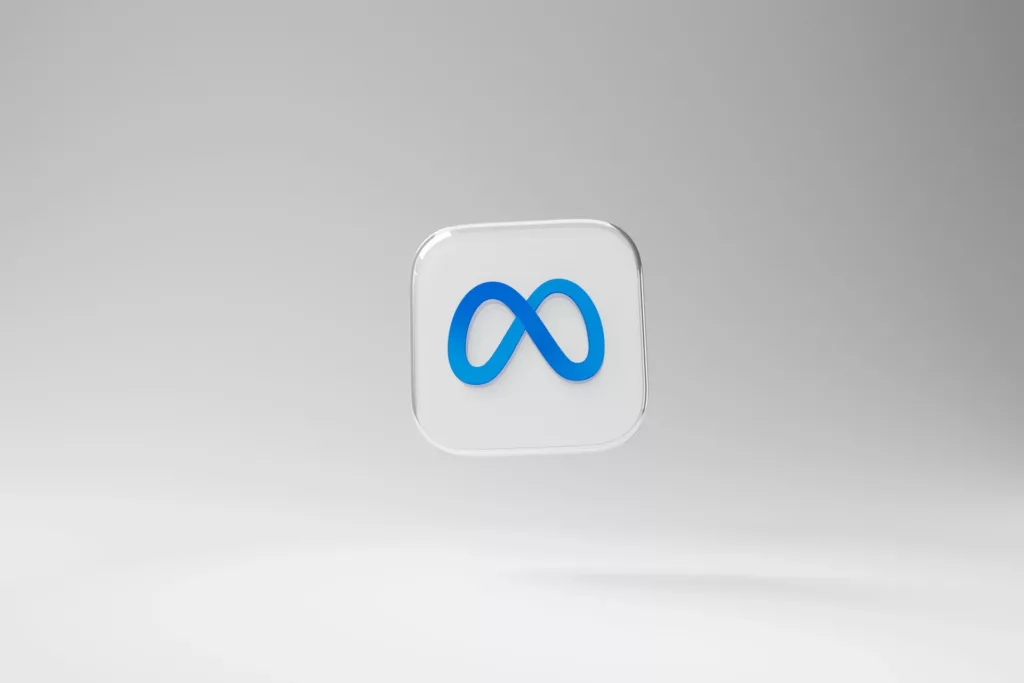In a significant move emphasizing its commitment to user privacy, Apple turned down an AI partnership with Meta, the parent company of Facebook. This decision, reported by Bloomberg, highlights Apple’s prioritization of stringent privacy practices over expanding its AI capabilities through Meta’s large language model (LLM), Llama.
The Initial Discussions Over Apple Rejection
According to Bloomberg, preliminary talks between Apple and Meta occurred in March. The discussions revolved around the possibility of integrating Meta’s LLM into iOS. However, these talks did not progress beyond the initial stages, and Apple decided not to pursue a formal partnership. This decision was influenced by Apple’s assessment of Meta’s privacy practices, which were deemed not stringent enough for Apple’s standards.
Contradictory Reports
Over the same weekend, The Wall Street Journal suggested that Apple and Meta were actively discussing integrating Llama into iOS 18 as part of Apple Intelligence. The report implied that these discussions were ongoing and had not yet been finalized. However, Bloomberg’s follow-up clarified that Apple never seriously considered a partnership with Meta.
Privacy Concerns Lead to Rejection
Apple’s reluctance to partner with Meta is primarily rooted in privacy concerns. At the same time as the Meta discussions, Apple was also in talks with OpenAI and Google parent company Alphabet. Apple decided not to proceed with Meta because it felt that Meta’s privacy practices did not meet Apple’s stringent requirements.
Strategic Partnerships with OpenAI and Google
Instead of Meta, Apple chose to sign a deal with OpenAI. This partnership will see ChatGPT integrated into iOS 18, iPadOS 18, and macOS Sequoia. Users will have the option to opt into using ChatGPT, with Siri capable of handing off some requests to this more sophisticated AI model. This integration aims to enhance user experience while maintaining robust privacy controls.
Additionally, Apple is working on a deal with Google to integrate Google’s AI model, Gemini, into its operating systems. This move further illustrates Apple’s strategy of collaborating with multiple AI providers to offer users a choice between different AI models.
Future AI Integration Plans
At the Worldwide Developers Conference (WWDC), Apple’s software engineering chief, Craig Federighi, emphasized Apple’s commitment to providing users with a variety of AI options. He stated that Apple plans to establish deals with multiple AI providers, ensuring that users have access to different AI models that align with Apple’s privacy standards.
Apple is also holding discussions with AI company Anthropic, signaling its ongoing efforts to diversify its AI partnerships while maintaining a strong focus on user privacy.
Conclusion

Apple’s decision to reject an AI partnership with Meta underscores its dedication to user privacy. By choosing to collaborate with OpenAI and Google instead, Apple demonstrates its commitment to integrating advanced AI technologies into its operating systems without compromising on privacy standards. This approach not only enhances user experience but also reinforces Apple’s reputation as a tech company that prioritizes the security and privacy of its users.
More news: Artificial Intelligence – Mobile


